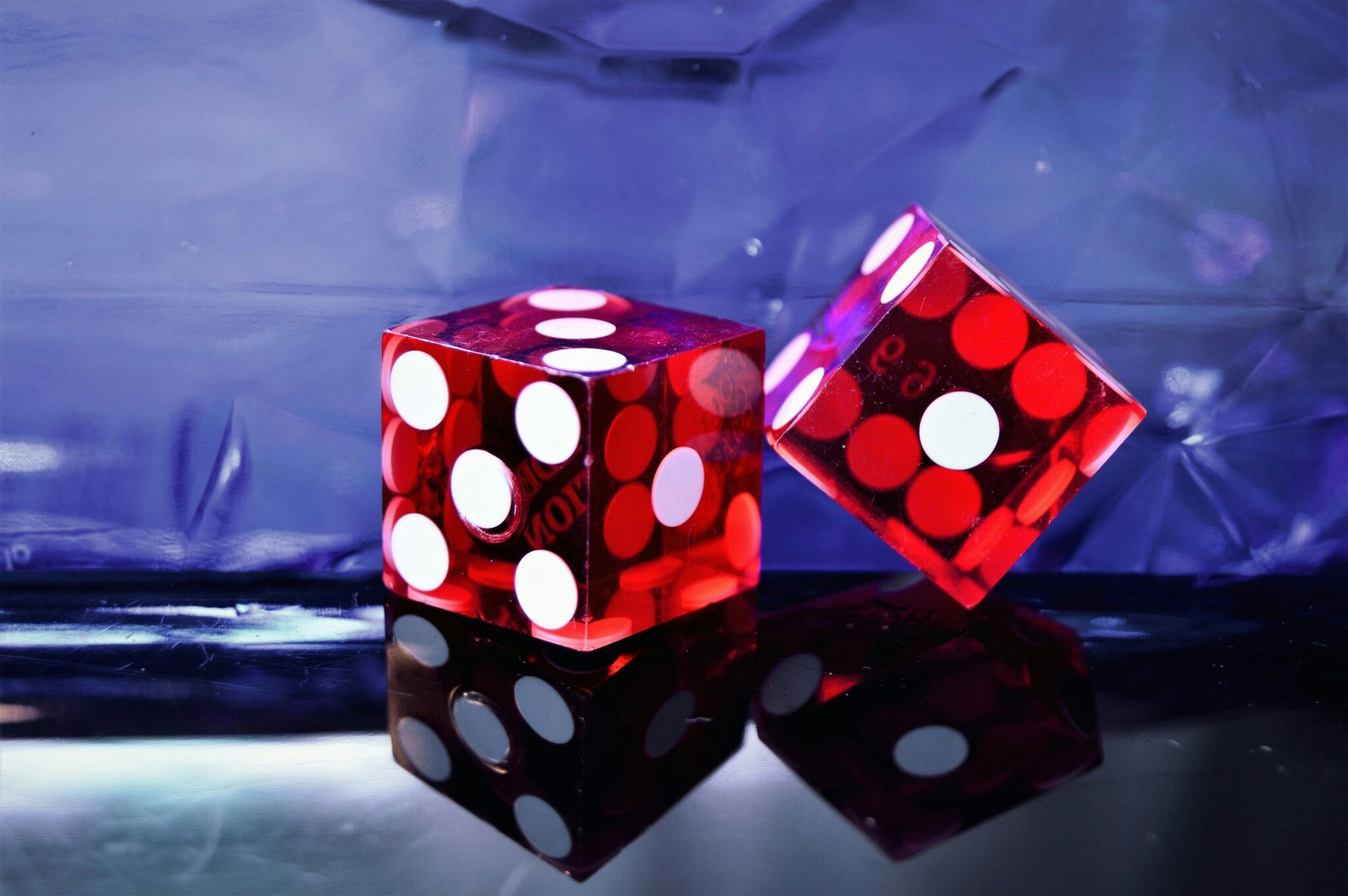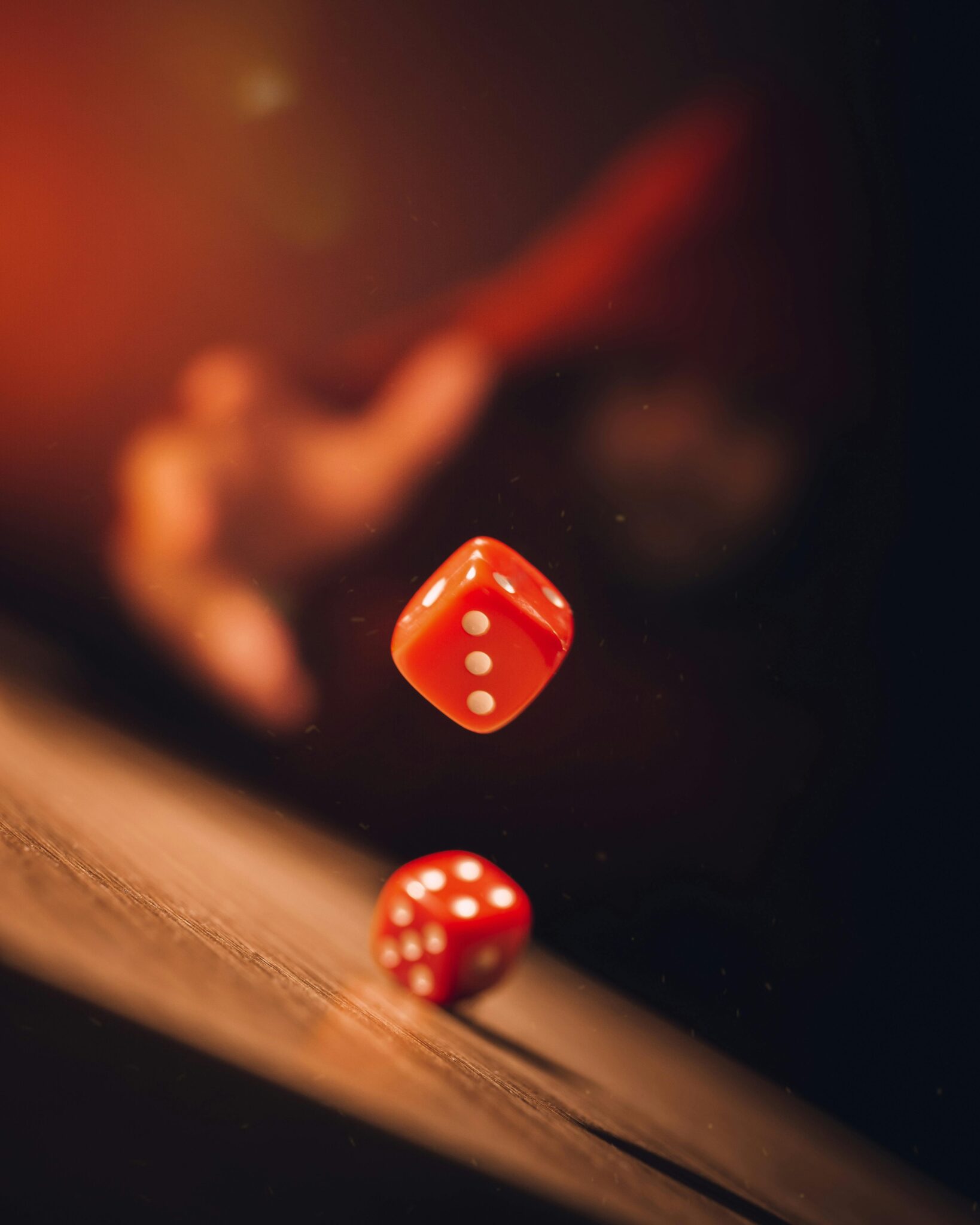In the world of gaming, few elements hold the same allure and nostalgia as dice rolling. For generations, dice have been an integral part of various gaming experiences, bridging the gap between chance, strategy, and camaraderie among players. From board games to tabletop role-playing games (RPGs), the act of rolling dice brings an undeniable excitement and unpredictability that has captivated audiences for centuries.
With each roll, players encounter diverse narratives, immerse themselves in thrilling adventures, and share unforgettable moments. In exploring the charm of this pastime, we discover why it endures throughout the ages.
The Origins And Evolution Of Dice
The history of dice stretches back thousands of years, with archaeological evidence indicating their use in the ancient civilizations of Mesopotamia, Egypt, and India. These early dice were crafted from bones, stones, and wood, bearing unique symbols or markings to determine outcomes.
In the Middle Ages, dice rolling became a pastime across the social spectrum, from noble courts to humble gatherings in village taverns. Today, traditional dice have transitioned from physical objects to digital formats. Players now simulate the rolling experience online or through gaming applications. This innovation retains the thrill and makes dice rolling accessible to a wider audience than ever before.
Modern Innovations In Dice Gaming
Digital platforms and mobile applications now allow players to simulate traditional dice, making games more accessible and interactive for players across the globe. Players can use an online dice roller and customize their rolls, select different types of dice, and explore various gaming styles, all without the need for physical dice. Advanced algorithms provide randomness and preserve the element of chance that players expect.
Blending virtual assets with traditional game mechanics keeps dice rolling relevant and engaging, even for a younger generation more accustomed to screens than tabletop experiences. Many gaming communities now frequently incorporate these innovations into their gameplay, seamlessly intermingling physical and digital elements.
The Role Of Dice In Tabletop Role-Playing Games
Tabletop role-playing games (RPGs) have become synonymous with dice rolling, emphasizing collaborative storytelling and character development. Dungeons & Dragons revolutionized the way players engage with narratives, relying heavily on a variety of dice to determine the outcomes of actions and interactions in the game world. Each die possesses its own unique function: a twenty-sided die (d20) is used to resolve skill checks and combat scenarios, whereas six-sided dice (d6) dictate damage or success in specific situations.
The unpredictability of dice adds an exhilarating element to character-driven stories and creates high-stakes scenarios and tense moments where anything can happen. Players enjoy the thrill of chance and develop strategic thinking as they assess risks, considering their characters’ strengths and weaknesses.
The Social Aspects Of Dice Rolling
The simple act of gathering around a table, rolling dice, and laughing at purported mishaps can forge bonds between players. Many players recall moments of triumph, defeat, and hilarity that come from rolls that defy expectations or deliver improbable outcomes. These interactions improve enjoyment and build friendships, as players encourage each other through challenges and celebrate victories, creating cherished memories that last well beyond the game itself.
The element of luck ingrained in dice rolling encourages players to share their experiences and incorporate spontaneous, unpredictable twists into their gameplay. As players engage in storytelling, the relatable nature of dice rolls becomes a catalyst for connection and unforgettable adventures that resonate with participants long after the dice have settled.
The Impact Of Dice Rolling On Game Mechanics
At its core, dice rolling impacts gameplay mechanics and provides an effective way to integrate chance and unpredictability into games. Game designers utilize dice rolling to establish rules that balance skill and luck by creating dynamic interactions. Board games employ specific dice mechanics that tap into player strategies, shaping the course of the game and determining outcomes.
Players must adapt their strategies based on the randomness of dice rolls and take calculated risks at the same time. Retro gaming experiences highlight classic dice mechanics, drawing players back to nostalgic realms. Newer games explore alternative mechanics that improve traditional rolls with complex systems.
The Cultural Significance Of Dice In Gaming Communities
Dice have transcended their role in games, becoming cultural symbols synonymous with luck, fate, and chance. Many gaming communities celebrate dice through events and competitions, showcasing their importance in gaming culture. The rituals surrounding dice rolling reveal the deep emotional attachments players promote with their dice. Enthusiasts who invest in beautifully crafted or customized sets that hold personal significance. Dice rolling events involve camaraderie, competition, and creativity, creating vibrant communities united by their love of rolling.
The symbolism of dice extends into various media, where themes of luck and chance are explored in literature, films, and art. This broader cultural significance underscores the timeless nature of dice rolling, illustrating its indelible place within gaming adventures and beyond.
The mesmerizing practice of rolling dice continues to hold an esteemed place in gaming history. Its blend of chance and strategy enriches the gaming experience. From past to present, dice rolling has kept the spirit of dice rolling alive, adapting to meet the demands of new audiences. With its unwavering presence, there’s no denying that dice rolling will remain a cherished aspect of gaming adventures for generations to come.
Published by HOLR Magazine.




